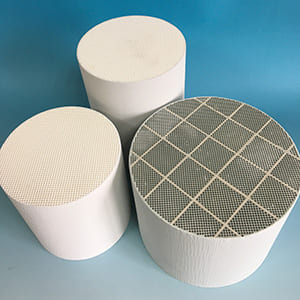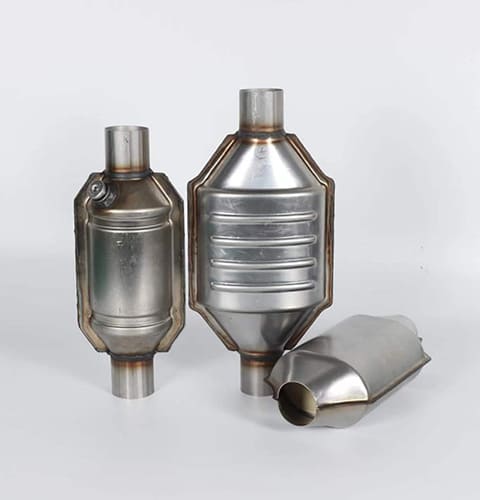Are you concerned about the efficiency of your vehicle’s emissions system? Wondering if a universal catalytic converter can deliver the same performance as a model-specific one? Or maybe you’re curious if it’s worth the investment for your fleet of commercial vehicles?
Universal catalytic converters are designed to fit a wide range of vehicles. But do they work as well as those tailored to specific models? Let’s dive into the performance, benefits, and potential drawbacks of using universal catalytic converters in various applications.
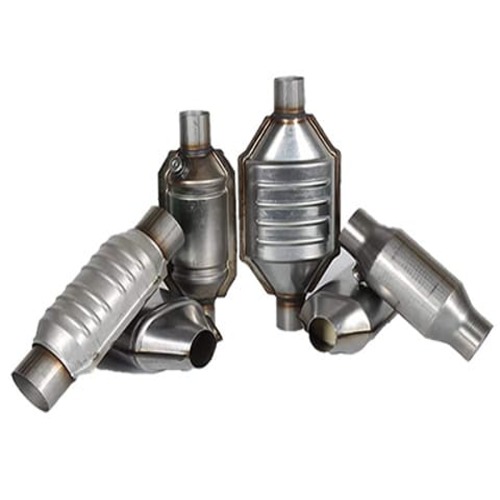
What Are Universal Catalytic Converters?
Universal catalytic converters are emissions control devices that can be installed on a variety of vehicles, regardless of make or model. Unlike direct-fit converters that are designed for specific vehicle models, universal converters require custom installation. This often includes modifications to the exhaust system, such as cutting, welding, and ensuring proper alignment.
Performance and Efficiency
The primary function of any catalytic converter is to reduce harmful emissions by converting pollutants into less harmful gases before they leave the exhaust system. Universal converters are engineered to meet EPA standards and in some cases, CARB standards for emissions reduction. However, the efficiency can vary based on factors such as vehicle type, engine condition, and how well the converter is installed.
Universal converters are generally effective in reducing emissions for a wide range of vehicles. They use similar materials and technology as direct-fit converters, including precious metals like platinum, palladium, and rhodium, which facilitate the chemical reactions necessary to reduce pollutants.
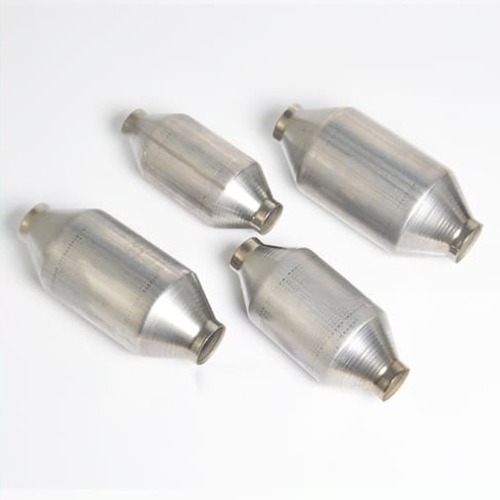
Questions Related to Universal Catalytic Converters?
How do universal converters compare to direct-fit ones in terms of installation complexity? Do they offer cost savings? Are there any specific maintenance concerns with universal converters?
Installation Complexity
Installing a universal catalytic converter can be more complex than installing a direct-fit converter. Because they are not designed for a specific vehicle, custom modifications to the exhaust system are often necessary. This can increase labor costs and time required for installation. However, for vehicles with older or rare exhaust systems, a universal converter may be the only practical option.
Cost Considerations
One of the main advantages of universal catalytic converters is their lower cost compared to direct-fit models. They are typically less expensive because they are produced in larger quantities and do not require specific fittings. This can make them an attractive option for budget-conscious vehicle owners and fleet managers. However, the additional installation costs should be taken into account when considering the overall expense.
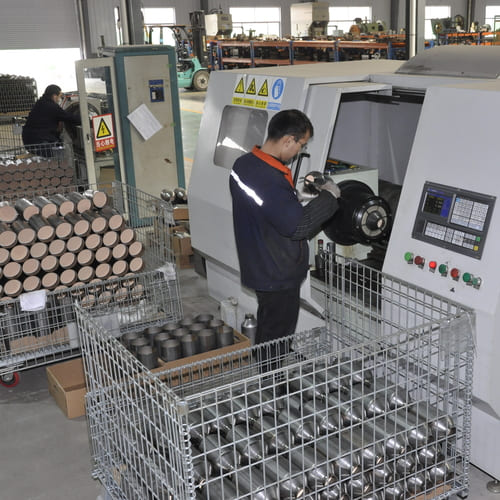
Maintenance and Longevity
The longevity of a universal catalytic converter largely depends on the quality of the installation and the condition of the vehicle’s engine. Poor installation can lead to leaks, improper alignment, and reduced efficiency. Regular maintenance of the vehicle’s engine and exhaust system is crucial to ensure the converter performs optimally and has a long lifespan.
More Related Questions
Can a universal catalytic converter be used on high-performance vehicles? Are there legal restrictions on using universal converters? How do they impact vehicle warranty and insurance?
High-Performance Vehicles
While universal converters can be used on high-performance vehicles, it’s essential to choose a converter that can handle the increased exhaust flow and temperature. High-performance engines produce more exhaust gases and higher temperatures, which can affect the converter’s efficiency and durability. Therefore, it’s crucial to consult with a professional to ensure the chosen converter meets the demands of a high-performance engine.
Legal Restrictions
In some regions, there are strict emissions regulations that dictate the type of catalytic converter that can be used. For instance, California Air Resources Board (CARB) regulations require vehicles to use CARB-compliant converters, which are typically direct-fit models. Using a non-compliant converter can result in fines and failed emissions tests. It’s important to check local regulations before installing a universal catalytic converter.
Impact on Warranty and Insurance
Using a universal catalytic converter can potentially impact your vehicle’s warranty. Some manufacturers specify that only OEM or direct-fit converters should be used to maintain warranty coverage. It’s advisable to review your vehicle’s warranty terms or consult with the manufacturer before making any modifications. Additionally, inform your insurance company of any changes to your vehicle’s emissions system to avoid complications in coverage.
Conclusion
Universal catalytic converters offer a versatile and cost-effective solution for reducing vehicle emissions. While they can work well when properly installed and maintained, it’s essential to consider factors such as installation complexity, legal restrictions, and the specific needs of your vehicle. Consulting with a professional and understanding local regulations can help ensure you make the best choice for your vehicle’s emissions system.

